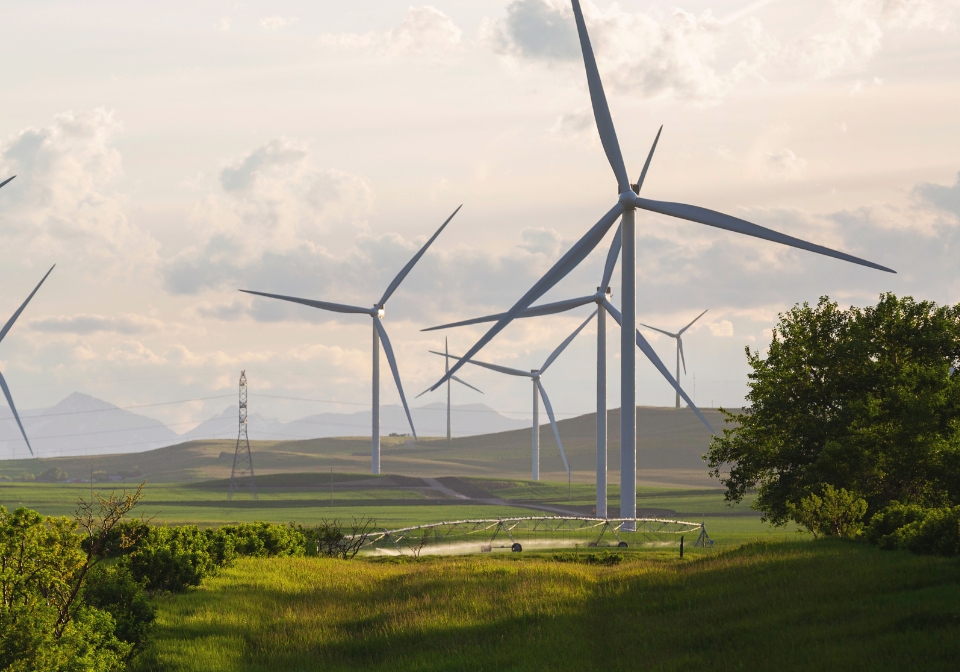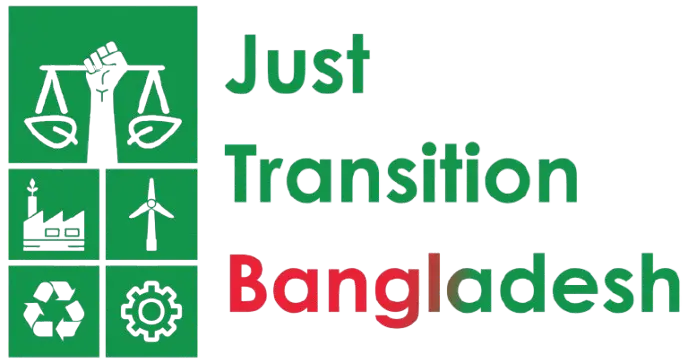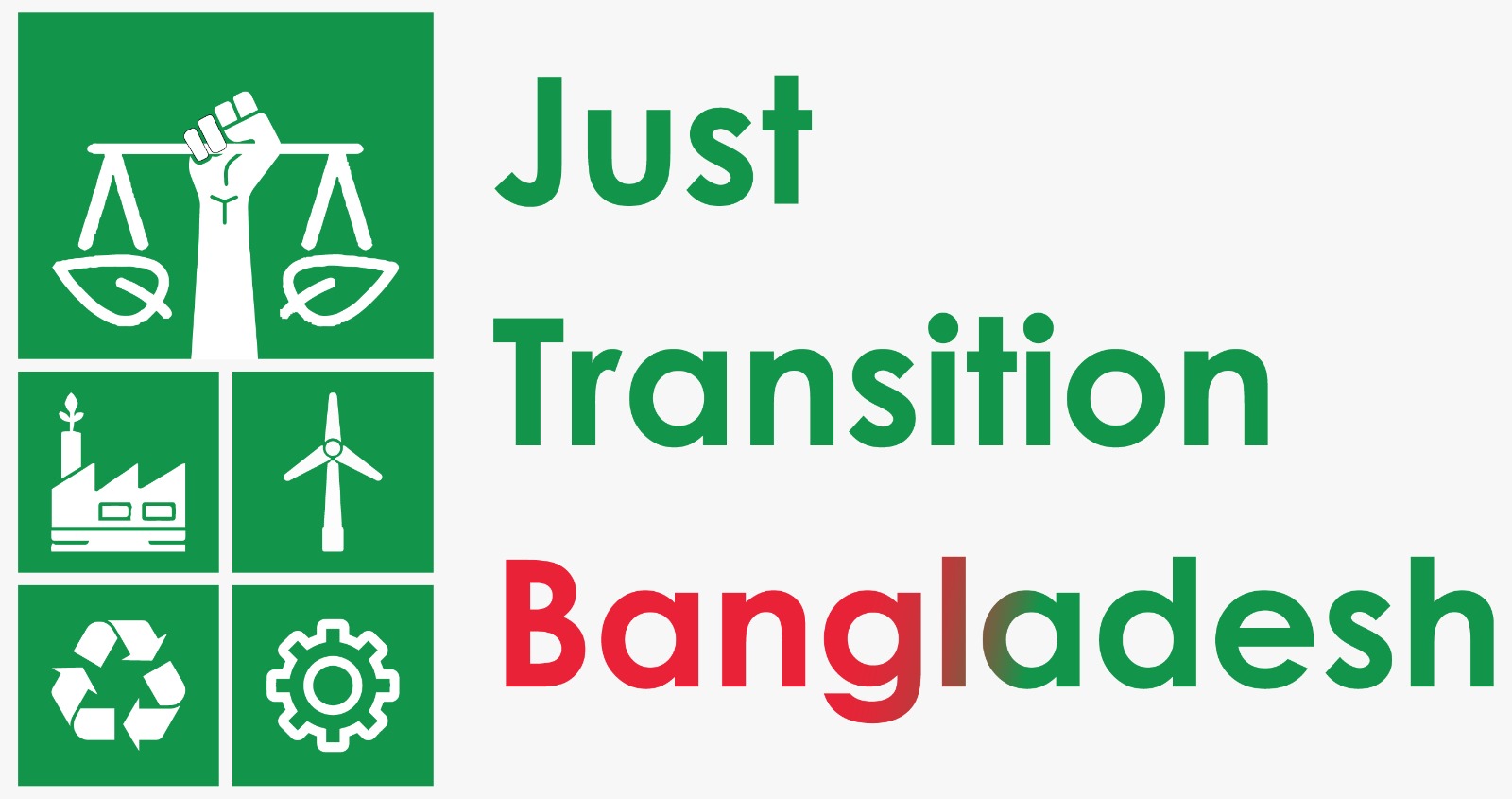
Sustainable development means living in a manner that ensures a better future by addressing present needs without compromising the ability of future generations to meet their own needs. The well-being of our current societies and the health of our planet depend on cherishing sustainability.
Sustainable development requires a delicate balance among three distinct spheres simultaneously:
a) Economic growth
b) Social inclusivity and
c) Environmental preservation.
Should any one or two of these spheres falter, the entire endeavor may fail. For example, rapid economic growth may occur temporarily, but it cannot be sustained if widespread poverty persists and natural resources are depleted.
In a sustainable development paradigm, everyone enjoys access to meaningful employment, quality healthcare and education. Utilization of natural resources is mindful of environmental conservation and pollution avoidance. Public policies are designed to ensure that no individual is marginalized or discriminated against, thereby fostering inclusivity and equity.
Its needed now
Who will act first?
It’s not solely the responsibility of our global leaders. Every individual stands to gain from a more prosperous, inclusive and resilient world. Regardless of our roles in government, civil society, business or home life, whether we’re in school or not, we all have a role to play. So, first action must come from personal level. The governments will create policies to guide sustainable development, both public and private sectors will finance the significant changes it entails and every individual will act accordingly in day-to-day life.


